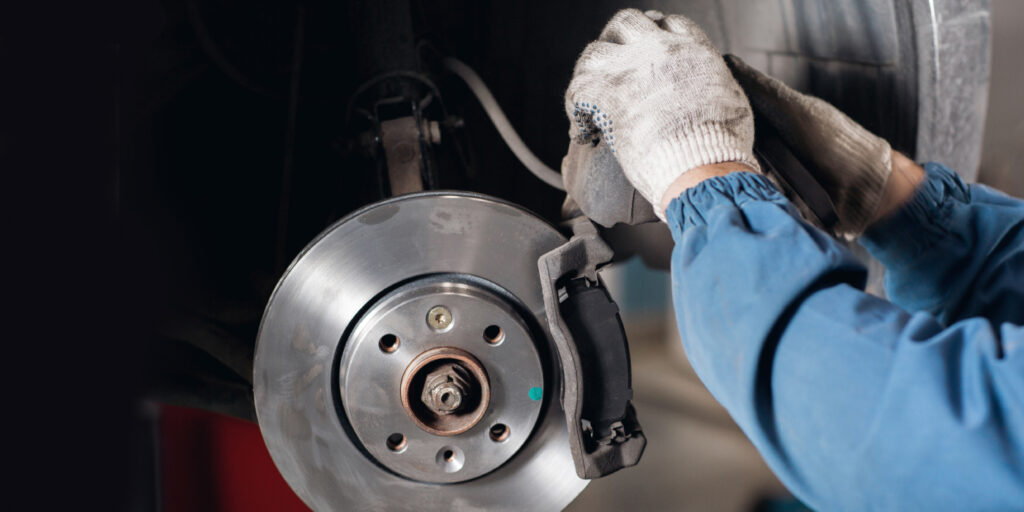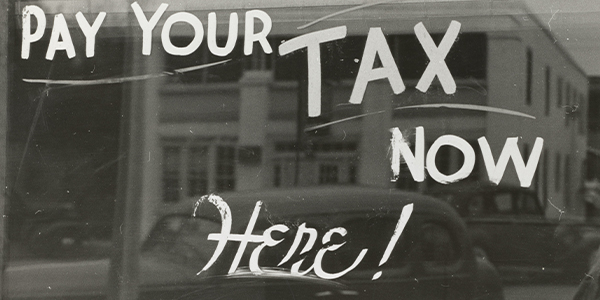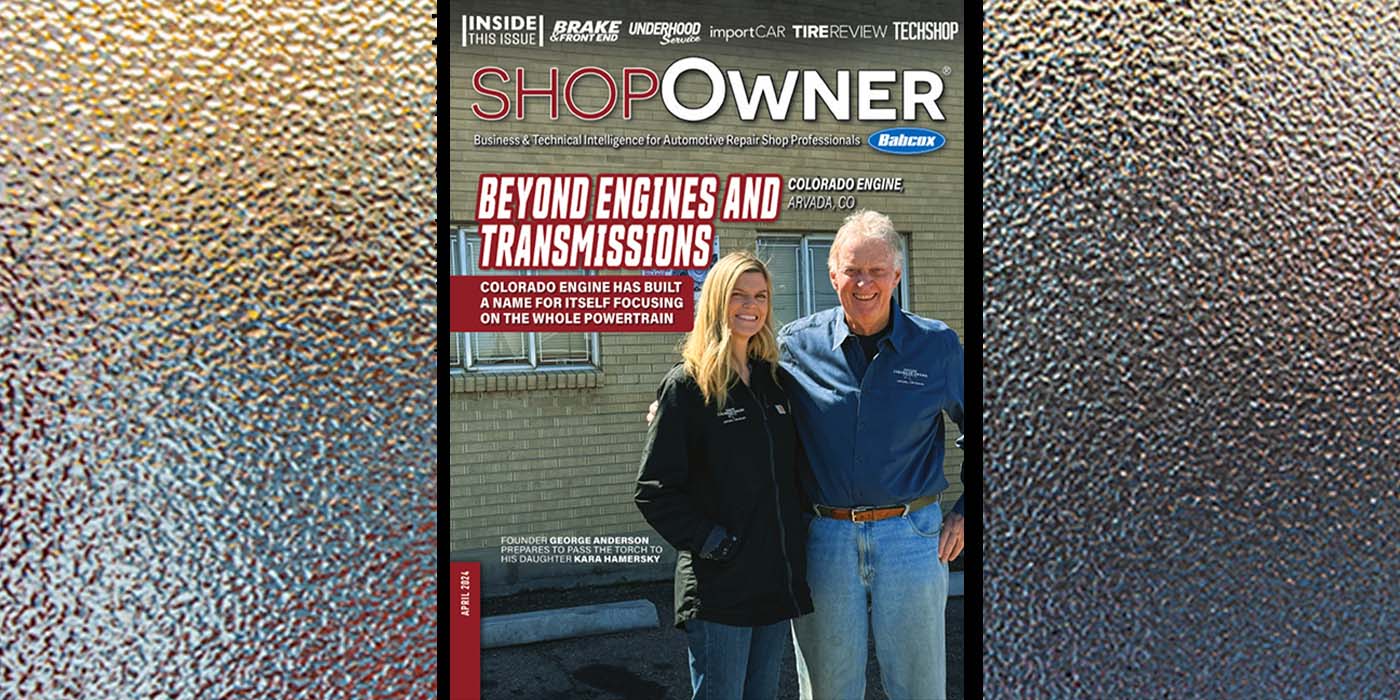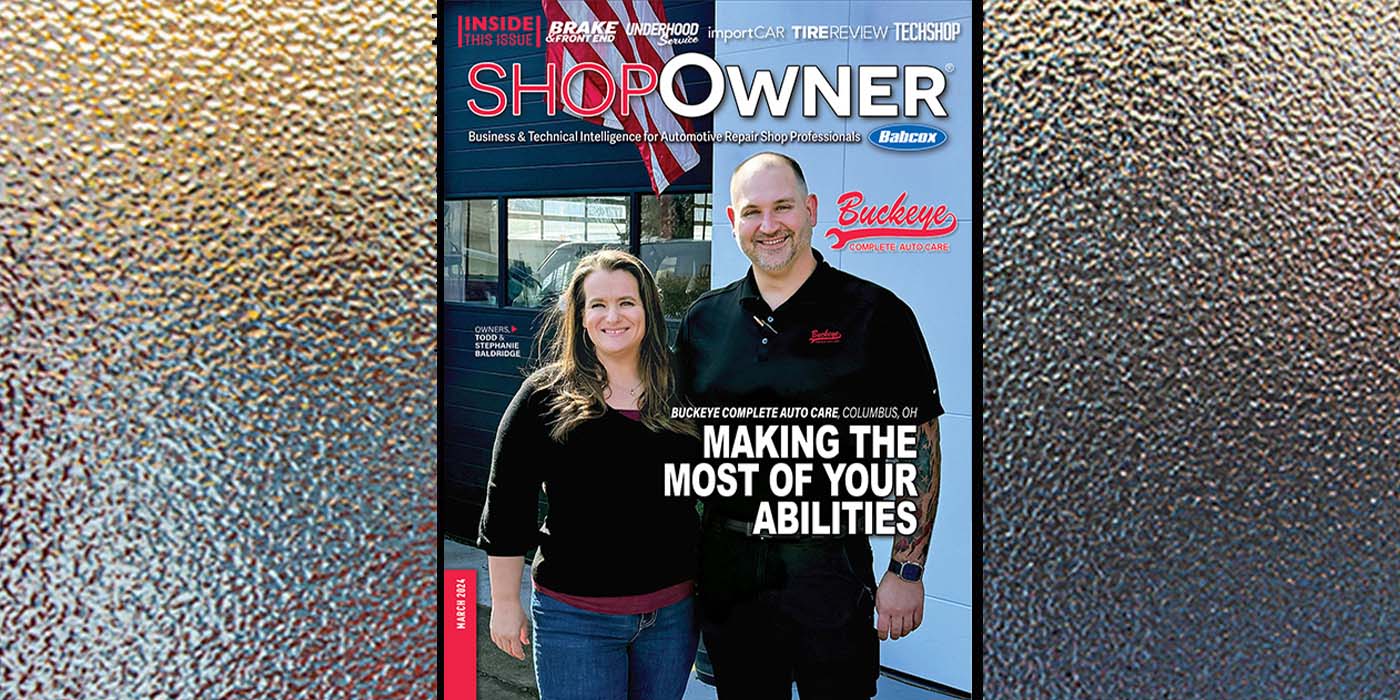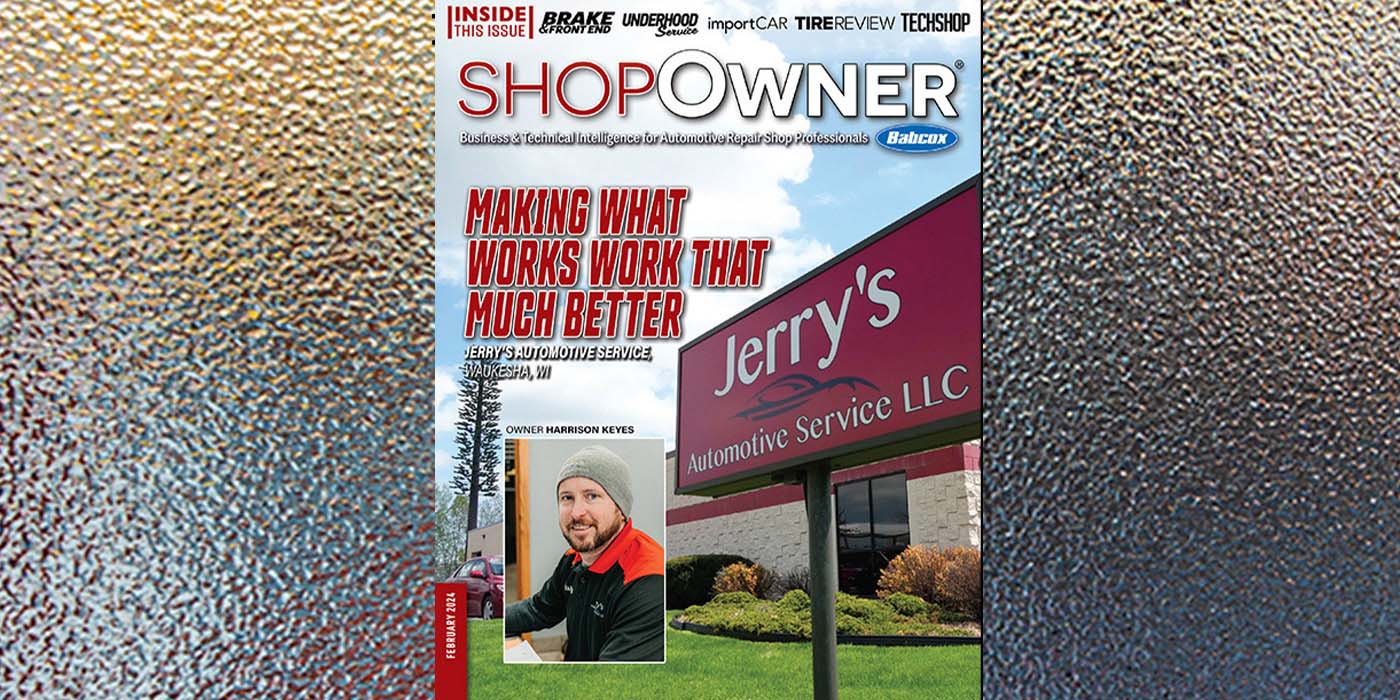Do you know where your shop insurance policy is right now? To be fair, it’s not generally something most shop owners think about on the regular. Perhaps it’s in the bottom drawer of an old file cabinet or buried in an archived email file. Wherever it is, it’s a good idea to review and update your shop owner insurance policy as your business changes and grows.
Here are six of the most common misconceptions our team has heard over nearly 25 years of providing insurance policies to auto repair shop owners.
Misconception #1:
Our Employees’ Tools are Covered Under Our Current Policy
It’s uncommon for a mainstream insurance policy to include coverage for employee tools within their contents coverage. For policies that do include coverage for employee tools, it’s often up to a $2,500 reimbursement following a covered loss such as theft or fire. In many cases, $2,500 won’t begin to cover some of the high-value tools and equipment employees bring to the job.
In today’s competitive market for top employees, offering insurance coverage for their tools is one more benefit you can add to attract the best new employees for your shop.
Misconception #2:
All Our Employees Are Safe Drivers
How would you know, especially if you haven’t done a check on their driving records lately? Are you overlooking the DUI one of your employees got last Christmas? You could be putting your business at risk by knowingly letting employees with questionable driving records behind the wheel.
Insurance underwriters often ask for this data when rating a new policy. Good driving records often can affect policy pricing in the right direction.
With personal privacy so much a part of our society’s conversation, shop owners may wonder what they can ask employees about and what they are legally obligated to share. When hiring a new employee, most shop owners can have them sign a consent form that authorizes the employer to have the insurance company or agency run an employee’s motor vehicle registration. The employer is generally not allowed to discuss details about the particulars on the MVR with the employee and the insurance company is only allowed to communicate whether that employee is insurable or not insurable.
Any driver with a major violation within the last five years, such as a DUI or other drug offense, is generally an automatic “not insurable” driver. Most companies allow up to three moving violations, but anything over is usually considered “not insurable” in most cases.
Misconception #3:
My Customers’ Cars Are Protected Under My Liability Policy
Think again. Often, your liability policy covers damages resulting from negligence. Garagekeeper’s insurance is a separate and distinct limit on your policy. If you do have garagekeeper’s insurance, it’s always good to review it as you may not have the correct protection limits for the current market. New and used car costs have gone up. Technology is driving the industry. Ask yourself, would you have enough coverage if a technician has an accident while taking a spin around the block to test drive a new accelerator on a Tesla or when a new employee forgets to lock your client’s vintage vehicle – and it gets stolen?
And, if the unthinkable happens and a fire engulfs your entire property, garagekeeper’s insurance could prevent customer insurance companies coming after you for recompense on an individual basis.
Remember, your liability coverage would not cover this type of unexpected happening. Think about garagekeeper’s insurance as your comprehensive and collision coverage for customer vehicles.
Savvy auto repair shops protect their customers’ cars (and their own interests) with garagekeeper’s insurance.
When quoting Garagekeeper’s Insurance, underwriters look at key risk management
factors including:
- Are the lock boxes tightly secured to safeguard customers’ keys?
- Is outdoor night lighting present?
- Is a central alarm system armed and ready?
- Does the shop have a protocol in place for parking higher value vehicles indoors overnight?
Having these risk management elements in place often can influence the price of the policy.
Misconception #4:
We Don’t Need Business Income Insurance
When the unexpected occurs, business income insurance can be a lifesaver. This type of insurance can pay your business income, ordinary payroll and business expenses for a timeframe you choose (when purchasing the policy) until your shop’s doors are open again. Following a covered loss, business income insurance is a bloodline for businesses – and is often the difference between life and death for the shop.
Misconception #5:
I Don’t Have Time to Train My Technicians
By investing in training, you can limit your claims. Most liability claims in shops are due to errors made by poorly trained technicians. A well-trained technician is much less likely to botch a job that could leave you liable for damages. Employee training, including certification programs, are your first lines of defense against possible mistakes that could end up costing you.
Misconception #6:
I Turn All Claims In – That’s Why I Have Insurance
Smart shop owners pick their battles. They know their insurance rate can go up, the more claims they submit. The best shop owners have a threshold they often consider – they take care of the smaller claims such as fender benders – on their own. They only file claims over the threshold they set. Insurance should not be a catch-all for everything, as filing multiple claims sends red flags to current and future insurers that you may be a bad risk profile.
Reviewing your insurance may not seem like fun – neither is going to the dentist, but we all know both are necessary ingredients for overall health and wealth. In many cases, an insurance review could save you money. It may also spotlight areas where you are exposed or have incorrect coverages for your specific situation.
Protecting your investment in the business you’ve built and the lifestyle you’ve become accustomed to shouldn’t be an afterthought. Doing so can mean the difference between flourishing and floundering.
Brian Boland is Partner and Chief Sales Officer at Garage Guard by Evarts Tremaine, and available for consultations via phone at 216.325.9060 or contact him via [email protected].
When the unexpected occurs, Garage Guard by Evarts Tremaine can help save your business by providing security for your workforce and assisting in safeguarding your most-valued investments. Since 1998, Garage Guard has focused on protecting the assets and lifestyles of thousands of garage owners and parts store owners across the United States. The company is the industry’s go-to-source for trusted, experienced and knowledgeable insurance agents for the automotive aftermarket. Garage Guard repair shop owners know that when the unexpected occurs, skilled help is a phone call or email away.







